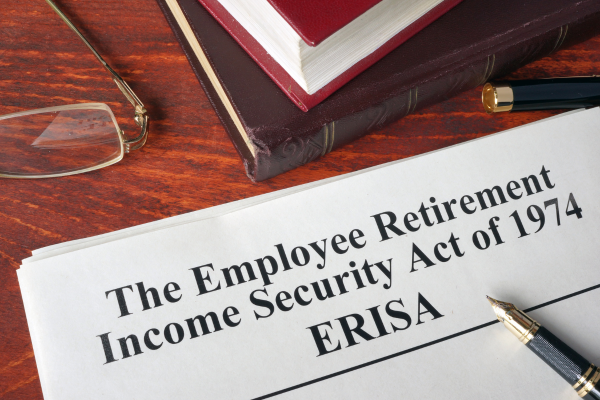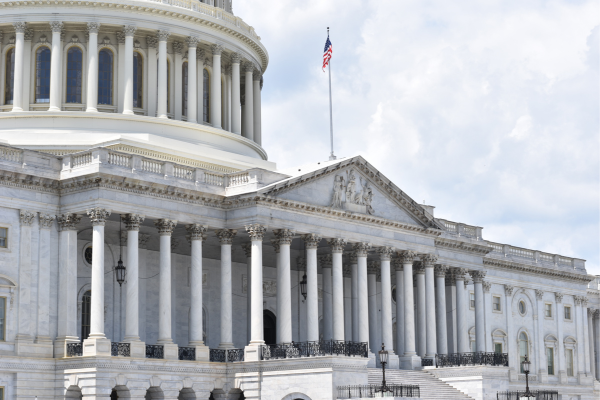
Updated 11/15/2025
Pensions play a central role in the retirement security of many Americans. The Employee Retirement Income Security Act, known as ERISA, establishes the core federal standards for private sector retirement plans. Since 1974 it has defined how plans are managed, how they are funded, and how information is communicated to workers. Here is what ERISA does and why it still matters today.
What is ERISA?
The Employee Retirement Income Security Act, or ERISA, is a federal law enacted in 1974. Its main purpose is to protect the retirement benefits of workers who participate in private-sector pension and welfare benefit plans. ERISA does not apply to plans established or maintained by state or local governments.

Why ERISA Was Enacted
The main goal of ERISA was to protect employees’ retirement benefits. Before ERISA, defined benefit pension plans were common in the private sector. These plans promised employees a specific retirement benefit, usually without requiring contributions from the workers themselves. That meant employees’ retirement savings were entirely in the hands of their employers.
Some corporate leaders prioritized company profits and personal gains and hid some of their pension liability to make their balance sheet look stronger. As a result, some corporations underreported their pension debt and did not fully fund or manage their plans responsibly, putting workers’ retirement security at risk. To address these problems, Congress passed ERISA in 1974.
Key Provisions of ERISA
- Fiduciary Responsibilities – Plan managers must act prudently, in the best interest of participants, and diversify investments to minimize risk.
- Reporting and Disclosure – Plans must provide participants with clear, regular information on funding, investment options, and fees.
- Vesting and Funding Standards – Employees earn a non-forfeitable right to accrued benefits after a set period, and plans must meet minimum funding requirements.
- PBGC Insurance – The Pension Benefit Guaranty Corporation protects private-sector workers if their employer’s pension plan becomes insolvent.

Protecting State and Local Pensions with ERISA
When Congress passed ERISA in 1974, state and local government retirement plans were deliberately excluded. Lawmakers assumed that public employers would be responsible stewards of their employees’ retirement benefits, prioritizing the long-term financial health of their pension systems over short-term gains. Policymakers believed that transparency, political accountability, and stable budgets would protect workers’ pensions without federal oversight.
Today, however, experience shows that these assumptions do not always hold. Public pension plans across the country are collectively less than 75% funded, meaning they lack sufficient assets to meet their future obligations. The problem is especially severe in some states, with pension funding ratios falling below 60%. For example, Connecticut’s pension plan is funded at just 59%, Mississippi at 56%, Kentucky at 53%, New Jersey at 47%, and Illinois at 43%.
Just as some corporate leaders in the private sector prioritized profits over responsible pension management, some government officials prioritize reelection and political gains over long-term pension health. Mismanagement takes many forms, including:
- Redirecting funds that should support pension obligations to politically popular programs or to make budgets appear balanced
- Using overly optimistic investment assumptions
- Skipping or delaying required contributions
- Promising new benefits without proper funding
The consequences are serious. These practices put employees’ retirement security at risk, threaten state and local financial sustainability, and increase burdens on taxpayers, contributing to growing pension debt over time. Extending ERISA’s protections* to state and local plans could help address these risks, ensuring that public employees’ retirement benefits are secure, funding is transparent, and accountability is consistent. Just as ERISA has done for private sector workers for nearly 50 years.
**PBGC insurance would not extend to state and local plans.

